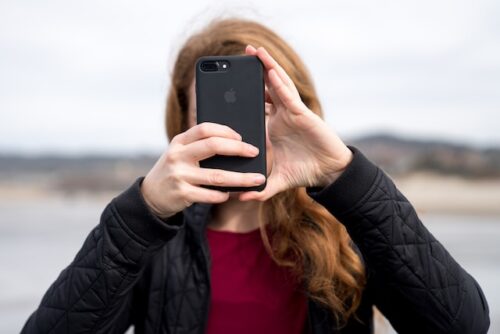
Whether you are being pulled over or concerned by an interaction between a police officer and a private citizen on the street, you may want to record the interaction. However, you may not know your rights regarding filming police interactions, leaving you hesitant. If you start filming, you may find that the police will demand you stop or even threaten to take legal action against you. Knowing your rights as a citizen is critical. The following blog explores what you must know if you want to record the police and how a Cobb County criminal defense lawyer can assist if facing charges for filming law enforcement.
Am I Legally Allowed to Record the Police?
Filming police interactions is legally protected under the First Amendment of the United States Constitution. While this amendment doesn’t explicitly state the right to record, it does guarantee citizens the right to free speech and press, allowing individuals to collect information about the government. As such, it is widely accepted by the courts that recording a police officer is perfectly legal, so long as they are on duty and in public.
Is It Ever Illegal to Film?
Though it is generally legal to film the police, there are certain instances in which you may find that you can violate the law when recording.
If you are interfering with the police, such as standing too close to an officer, thus impeding their ability to make an arrest, the police are within their right to ask you to move back or stop recording. If you refuse to comply, this may warrant disorderly conduct or obstruction of justice.
What Happens If I’m Arrested for Filming Law Enforcement?
If you were within your rights to film a police interaction and did not do anything illegal, you may be shocked to find the police attempting to intimidate or even arrest you for doing so. Whether they accuse you of interfering with justice or finding another excuse to arrest you, it’s critical to understand your rights. The most important thing to consider is that you must remain calm and passive when dealing with the police. Do not become aggressive or raise your voice when interacting with the police.
In the event, a police officer demands your phone to delete the footage, you do not have to give them your device unless they have a warrant. Additionally, if you are illegally arrested for filming an interaction, this is likely a violation of your First and Fourth Amendment rights, as the latter protects you from unlawful arrests. Though the law may be on your side in these instances, it is imperative to enlist the help of an experienced attorney to illustrate that you were within your rights as a citizen.
At the Miller Law Practice, we understand why you may want to film your police interactions. As such, our team is dedicated to protecting your Constitutional right to do so. If you are unlawfully arrested for filming law enforcement, contact our firm today to discuss the details of your case and learn how we can assist you.